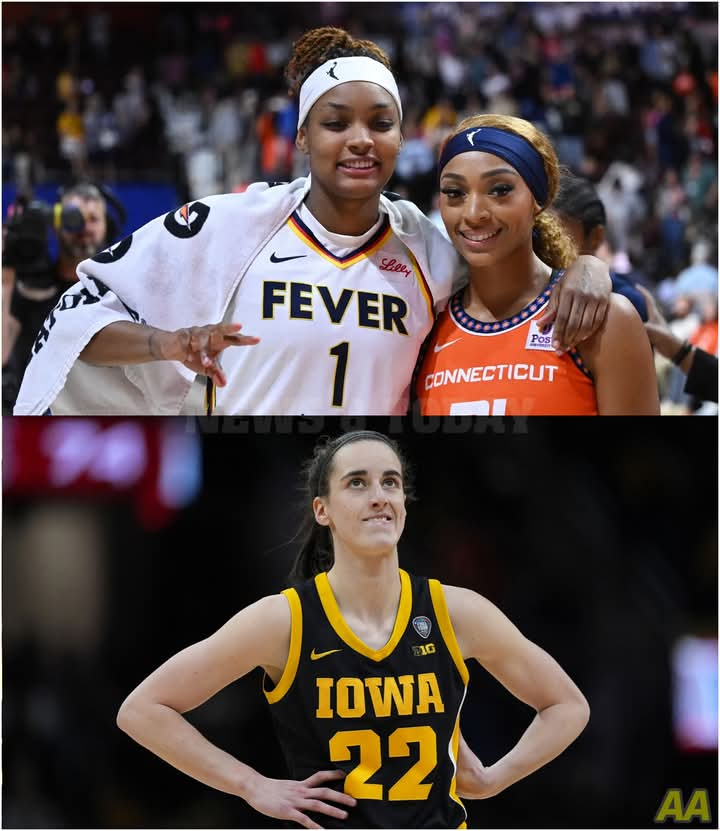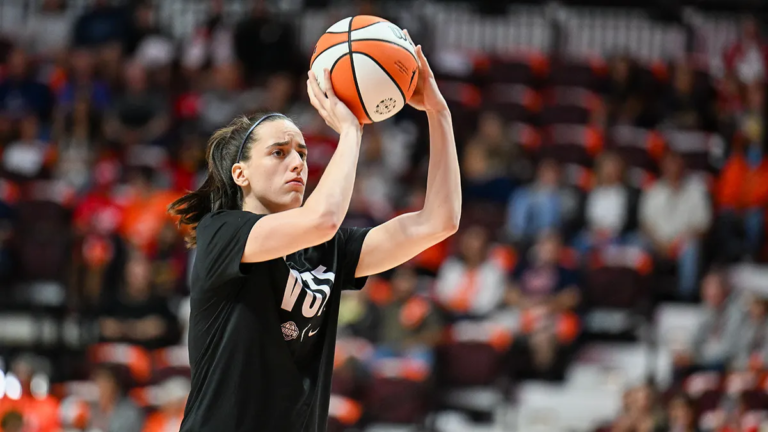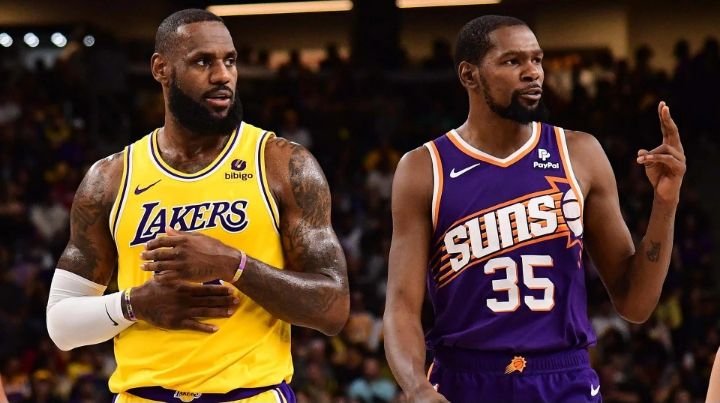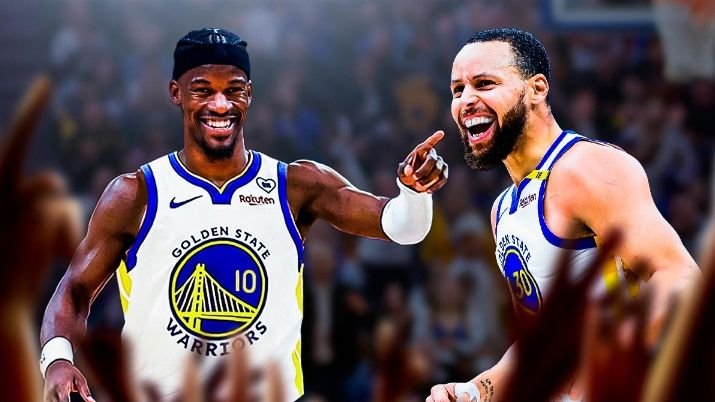
PHOENIX, AZ - JULY 14: A detail photograph of a Wilson game ball on July 14, 2022 at Footprint Center in Phoenix, Arizona. NOTE TO USER: User expressly acknowledges and agrees that, by downloading and or using this photograph, user is consenting to the terms and conditions of the Getty Images License Agreement. Mandatory Copyright Notice: Copyright 2022 NBAE (Photo by Barry Gossage/NBAE via Getty Images)
The WNBA has recently enjoyed a remarkable surge in exposure, ticket sales, and media attention. However, not all the effects of this growth have been positive for the league’s players. Chicago Sky forward Angel Reese, for example, faced a wave of backlash after her NCAA Championship win over Caitlin Clark, especially for her celebratory “you can’t see me” gesture. The animosity towards Reese was never just about the rivalry—it was rooted in deep-seated racial and gender prejudices.
As sportswriter David Dennis Jr. observed, the criticisms aimed at Reese went beyond basketball; they targeted her identity as a strong Black woman. According to him, while some fans genuinely appreciate Clark’s basketball prowess, others see her as a vehicle to voice hateful sentiments against Black and queer women in the WNBA. This darker undercurrent of fan behavior became more apparent during the recent WNBA playoffs, where the Indiana Fever’s home court—typically a haven for diversity—was compared to a politically charged environment.
The situation escalated further when Connecticut Sun player DiJonai Carrington received a racist, hateful threat from an Indiana Fever fan. Teammate Alyssa Thomas expressed her dismay, stating that she had never experienced such racially charged comments throughout her career. She called for more action to prevent fans from degrading players with racial and homophobic slurs. Despite this outcry, WNBA Commissioner Cathy Englebert did not fully address the problem, focusing instead on the rivalry between Reese and Clark. This response drew criticism from both the WNBPA and prominent players like Breanna Stewart, who condemned the toxic fandom that has surfaced around these rivalries.
In response to the escalating situation, Reese herself spoke out on social media. She criticized the media for villainizing her and creating narratives that have led to racial abuse and threats towards her and other players. She emphasized that while constructive criticism of gameplay is acceptable, attacks based on race and identity are not. Her sentiments were echoed by other voices in the sports community, who pointed out that the WNBA and its teams must take a more active stance against the growing tide of hate infiltrating their arenas.
Jim Trotter of The Athletic highlighted the need for decisive action. He noted that while hate cannot be entirely eradicated, there are steps the league can take to minimize its influence. In his view, allowing political rhetoric and hateful behavior to permeate sports venues only provokes hostility unrelated to the game, especially in a league dominated by Black and queer athletes.
The WNBA must address these challenges head-on to maintain its positive trajectory. The league’s rise in popularity brings both opportunity and responsibility, making it essential to foster an environment that upholds respect, inclusion, and safety for all players.







